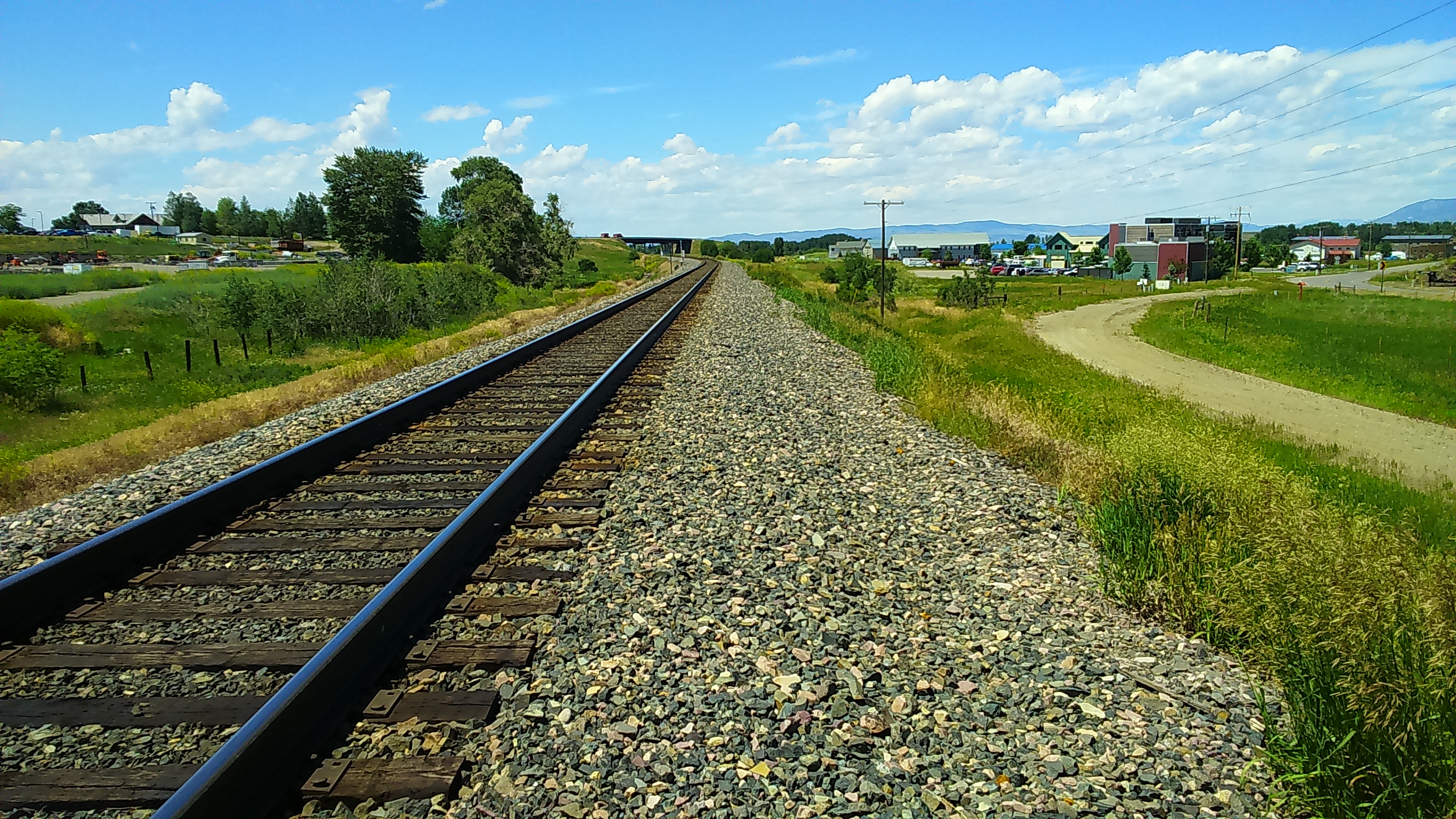1. After my conversation with June yesterday, I was kindly recommended to consider the opportunity of starting a research topic on the incorporation of pre-colonial indigenous Khoisan knowledge in ecological conservation of habitats like the Cape wetlands. As I daydreamed about this topic again I pondered the effectiveness of an outcome-based monitoring programme in contrast to a control-based monitoring programme, e.g., Tsitsikamma Marine Reserve.
The Tsitsikamma Marine Reserve utilizes a control-based monitoring programme where, say fishermen, are limited to fishing so and so fishes throughout the period and people can collect so and so many isibebe or onokrwece. This is essentially monitoring on the consumption level (or think of monitoring the controlling (= independent) variables.
Now I haven’t started researching on the existing Khoisan knowledge so I wouldn’t be able to tell at this stage what their mentality looks like.
However, if we think about the pre-colonial (and pre-industrial just before people started losing touch with nature) situation in China, people often adopted an outcome-based monitoring programme where as long as the environment is not degraded as a whole nothing needs to be worried about. This is essentially monitoring the outcome level (or think of monitoring the dependent/ outcome variable). I suspect khoisan knowledge might be similar in this sense.
2. I was trying to call back my knowledge in Anova and Linear Regression just before I left campus. It should be noted that I still need to figure out how to test all the main effects of the factors and their interactions effectively. Do I simply test each one separately? Or can I create this one huge model where I can test all the factors and their interactions AT ONCE? This is the part I am still stuck on.
3. I quickly revisited the meaning of MY life while I was walking to the MTR. I was reminded by myself that my life exists solely to better the life of others; hence, it shall not matter at all whether I pursue a Master’s or do hands-on work as long as I am making an impact. I should consult some professors (Caroline and Gray are great sources) WHILE I am doing job-hunting. However, I should also note that neither of them can be a fully independent source as they have taken the research path themselves. I can balance their opinion with someone who’s dedicated to working in the field, had I known any.
–
To do:
i. Revisit the Cape Wetland thought
ii. Talk to Gray and/or Caroline about career path
